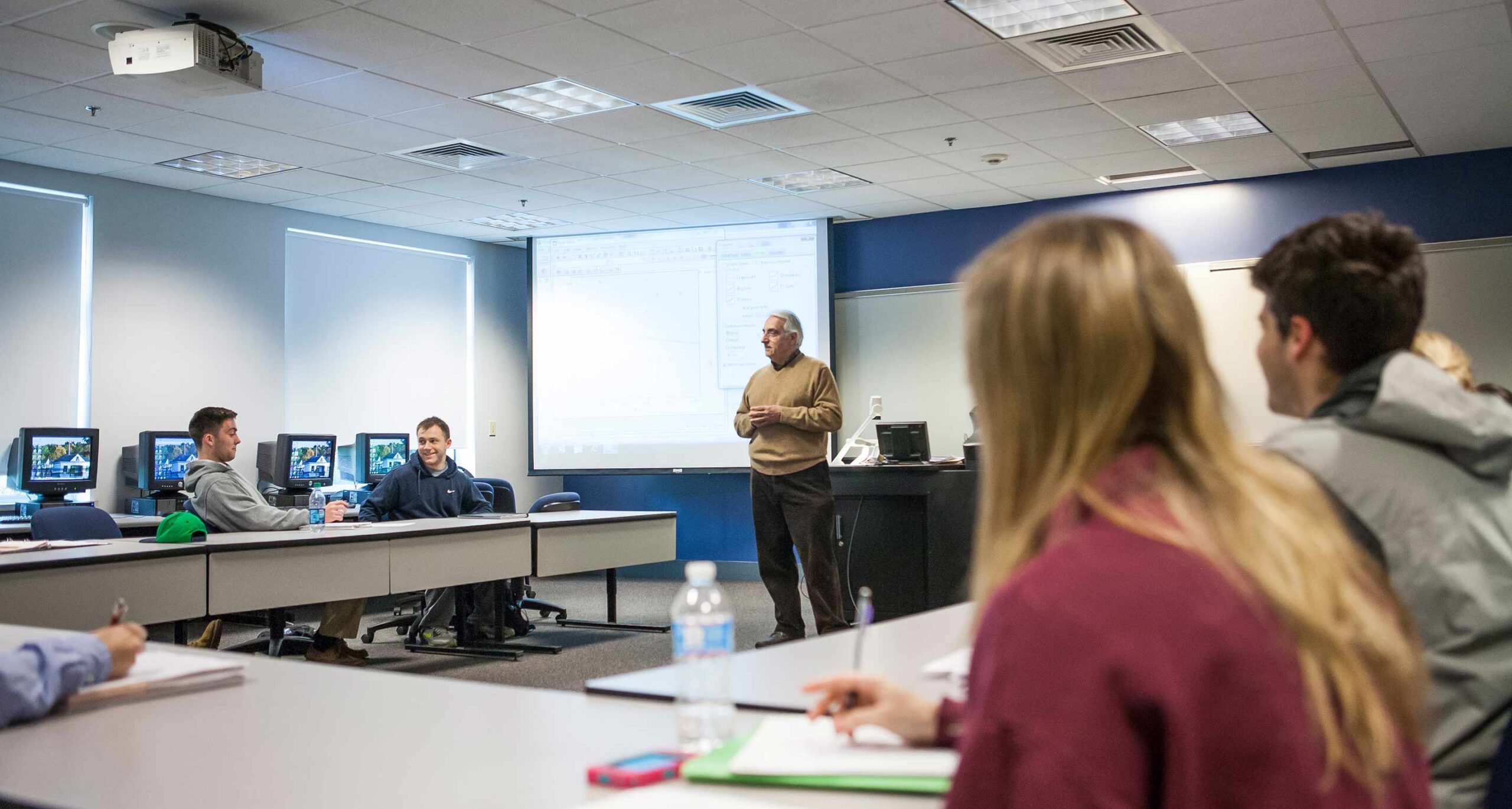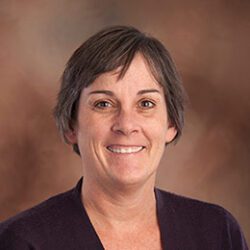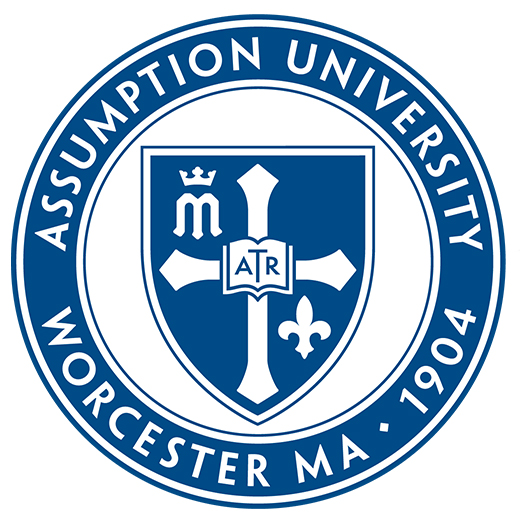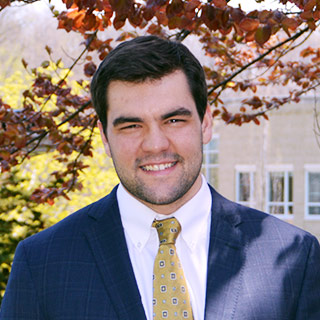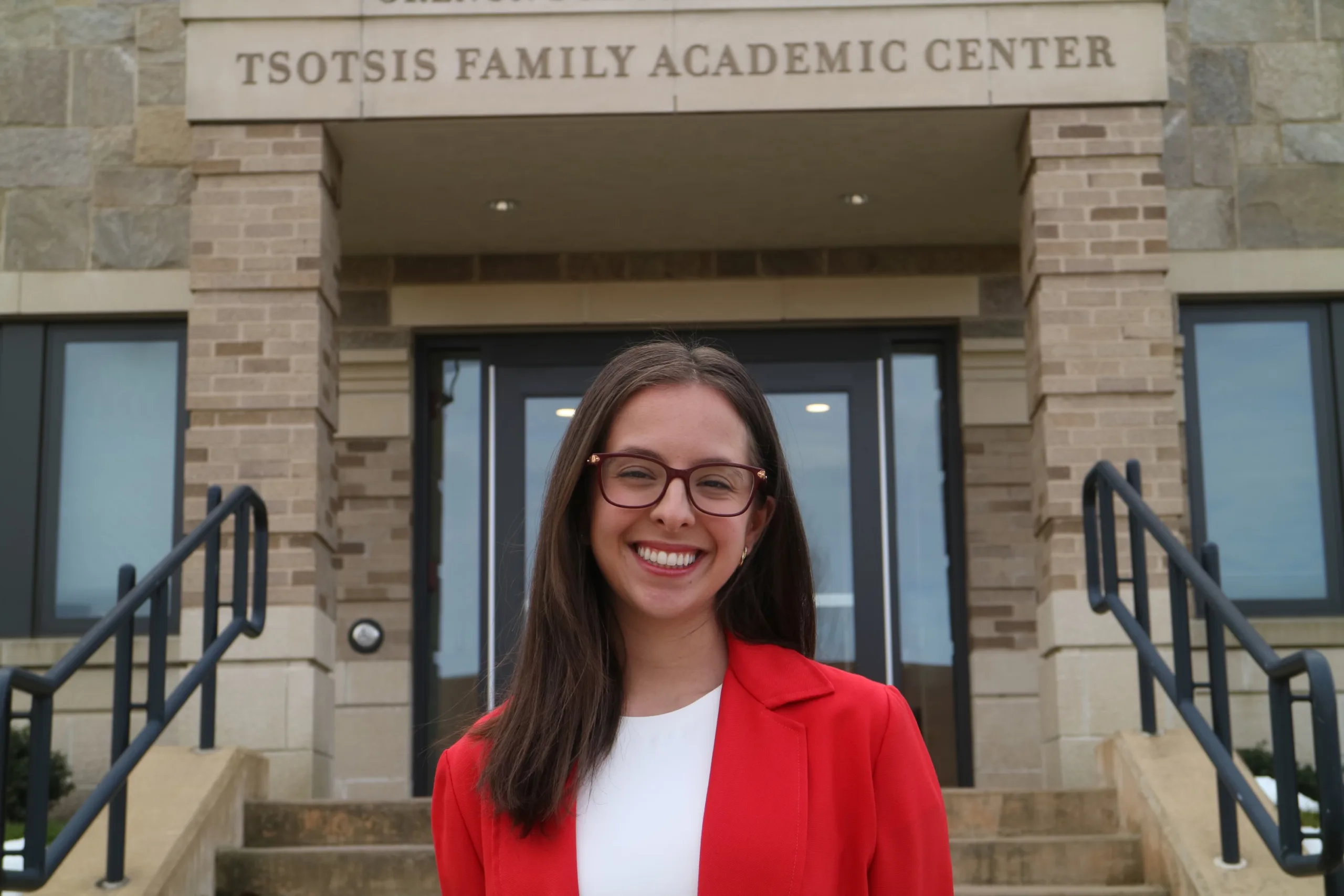Study the Forces that Drive Markets, Policy, and People
An economics degree from Assumption University prepares students to analyze how markets, governments, and business and non-profit organizations shape the production, distribution, and consumption of goods and services. Students develop a strong foundation in economic theory, data analysis, and critical thinking while exploring solutions to real-world challenges such as inequality, climate change, inflation, healthcare access, and global development.
Assumption offers multiple academic pathways in economics:
- Major in Economics
- Major in Economics with a Business Concentration
- Minor in Economics
- Minor in Law and the Economy
This flexibility allows students to customize their education based on career goals, academic interests, and graduate school plans.
Why Major in Economics at Assumption University?
The Economics program at Assumption University blends rigorous coursework with practical, career-ready skills. Students learn how economists use data and theory to analyze issues such as unemployment, wage inequality, international trade, and financial markets. Rooted in a Catholic liberal arts tradition, the program also invites students to consider how economic choices shape society, opportunity, and the common good—linking data to purpose and policy to people.
As an economics major, you will:
- Examine the strengths and limits of competitive markets.
- Analyze the role of government in improving material well-being.
- Explore economic inequality, sustainability, and development.
- Gain hands-on experience with econometrics and data analysis.
- Benefit from the Economics major being housed in the department of Accounting, Economics and Finance, allowing students to double/triple major/minor or find other ways to combine knowledge and skills from these three related disciplines.
The economics major is highly flexible and easily paired with minors in management, marketing, political science, mathematics, or other disciplines, making it ideal for students with interdisciplinary interests.
Quantitative & Analytical Skills Employers Value
An economics degree is one of the most versatile and highest-earning undergraduate majors in the United States. At Assumption, the program emphasizes the skills employers consistently seek:
- Quantitative and statistical analysis
- Data interpretation and econometrics
- Deductive and logical reasoning
- Research and evidence-based decision-making
- Written and oral communication
Students interested in analytics can pursue advanced coursework in econometrics, sports economics, and applied data analysis, preparing them for data-driven careers in business, finance, and public policy.
Economics Program Options
Major in Economics
Provides a strong foundation for careers in economics, analytics, government, consulting, and graduate study.
Major in Economics with a Business Concentration
Combines advanced economics coursework with classes in management, marketing, and accounting, equipping students to apply economic reasoning in corporate and other organizational settings.
Minors in Economics & Law and the Economy
Excellent complements to majors in business, political science, history, pre-law, and the social sciences.
Careers with an Economics Degree
Graduates of Assumption University’s Economics program pursue successful careers across a wide range of industries and sectors, including:
- Data analytics and business intelligence
- Finance, banking, and insurance
- Real estate and consulting
- Corporate strategy and management
- Local, state, and federal government
- Public policy and nonprofit leadership
Many alumni also continue on to graduate programs in economics, public policy, international development, and related fields.
Smriti Rao, Ph.D
Faculty Expertise & Personalized Learning
Faculty research spans areas such as: Sports economics • Economics of education • Feminist economics • Economic development • International trade and finance • Inferential statistics
Experiential Learning
Assumption's Rome Campus
At Assumption's campus in Rome, Italy, the city and the country become your classroom through daily and weekend-long excursions throughout "the eternal city" and the Italian countryside. This unique study abroad experience will enrich your academic and cultural pursuits as you walk in the footsteps of emperors and gladiators then enjoy delectable Italian cuisine or perhaps a cappuccino after class in a local cafe. (Did you know that your financial aid follows you to Rome?)
Explore the Rome CampusLearn the Skills Employers Seek
Faculty/Student Research
The Assumption curriculum encourages scholarly and real-world experience. With hands-on research conducted alongside faculty mentors, students gain a depth of knowledge and skills that lead to professional success and personal fulfillment.Study Abroad
At Assumption University, the world is your classroom. Students can study and explore abroad in over 50 places from Vienna to England, South Africa, and even our own campus in historic, yet modern, Rome, Italy. Assumption’s study abroad program offers culture, history, and a living classroom for all.Internships
Assumption starts planning for your future the day you arrive on campus. The Denecker Career Development & Internship Center helps students secure exciting and fulfilling internships where you’ll apply knowledge obtained in the classroom in a professional setting, preparing for a future career or additional study. Assumption connects students to internship opportunities in corporations, government agencies, research hospitals, non-profit organizations, and more. While internships are not required, many students complete at least one before graduation. Recent economics majors have interned at financial instructions such as Fidelity Investments, at research institutions such as the Worcester Regional Research Bureau and with political organizations such as Congressman Jim McGovern’s office.Career Paths
Bain Capital
Berkshire Bank
Fidelity Investments
Hanover Insurance
Lockheed Martin
Office of U.S. Senator Krysten Sinema
See Assumption University In Person
From our state-of-the-art academic buildings and exceptional academic programs to our welcoming and supportive community, Assumption isn't just a university - it's the place you can call home. Visit us and see why.

